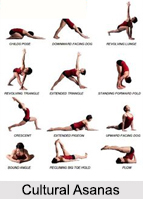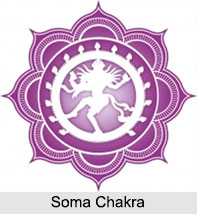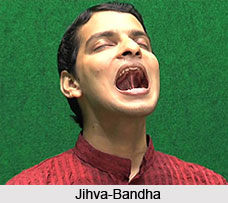 The tatah dvandvah anabhighatah sutra deals with the ecstatic state of the sadhaka, when he has reached a state of complete perfection, imperturbed by the dualities of life - mind, body and soul. When these three mentioned elements of nature are united in their action, the sadhaka is in a state of total rapture, hardly troubled by the outside changes in world.
The tatah dvandvah anabhighatah sutra deals with the ecstatic state of the sadhaka, when he has reached a state of complete perfection, imperturbed by the dualities of life - mind, body and soul. When these three mentioned elements of nature are united in their action, the sadhaka is in a state of total rapture, hardly troubled by the outside changes in world.
Tatah from that, then
Dvandvah dualities, opposites
Anabhighatah cessation of disturbance
From then on, the sadhaka is undisturbed by dualities.
The effect of asana is to put an end to the dichotomies or differentiation between the body and mind, mind and soul. None of the pairs of opposites can exist for the sadhaka who is one with body, mind and soul.
When body, mind and soul fuse in a perfect posture, the sadhaka is in a state of beatitude. In such a sublime position, the mind, which is at the root of dualistic perception, loses its identity and ceases to disturb him. Unity is achieved between body and mind and mind and soul. Joy or sorrow, heat or cold, honour or dishonour, pain or pleasure cease to exist. This is perfection in action and freedom in consciousness.



